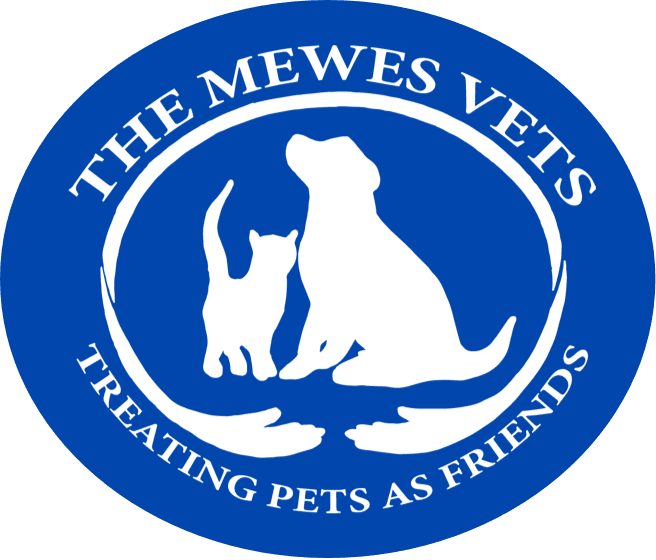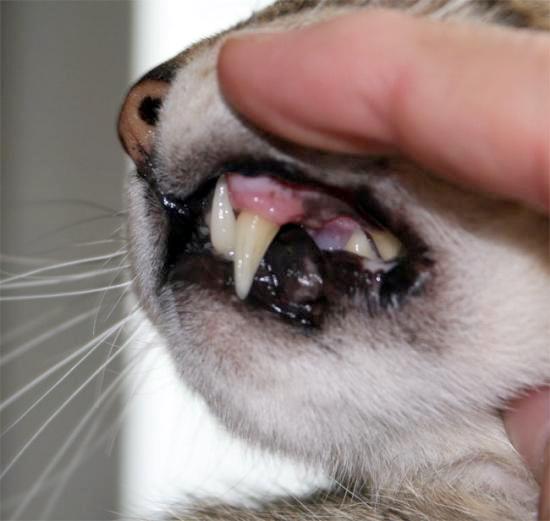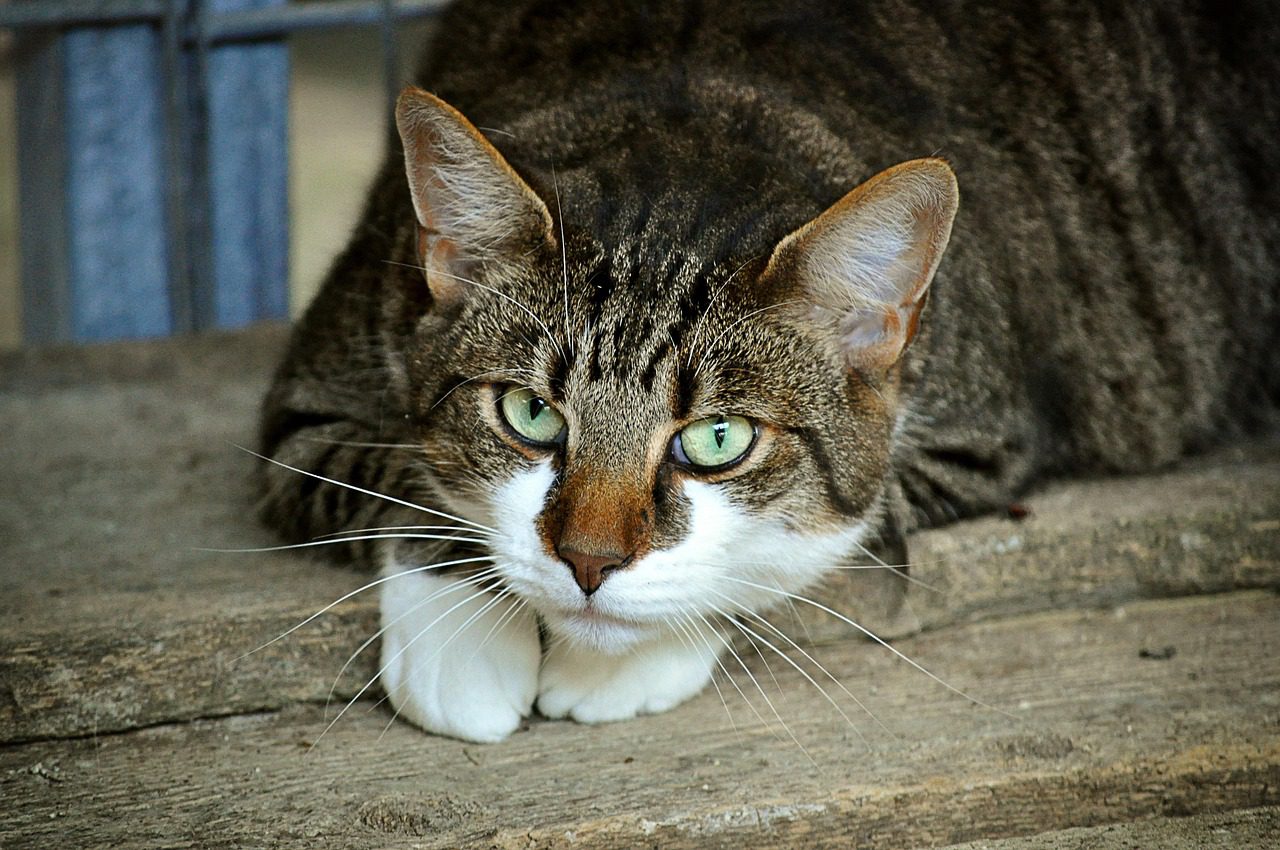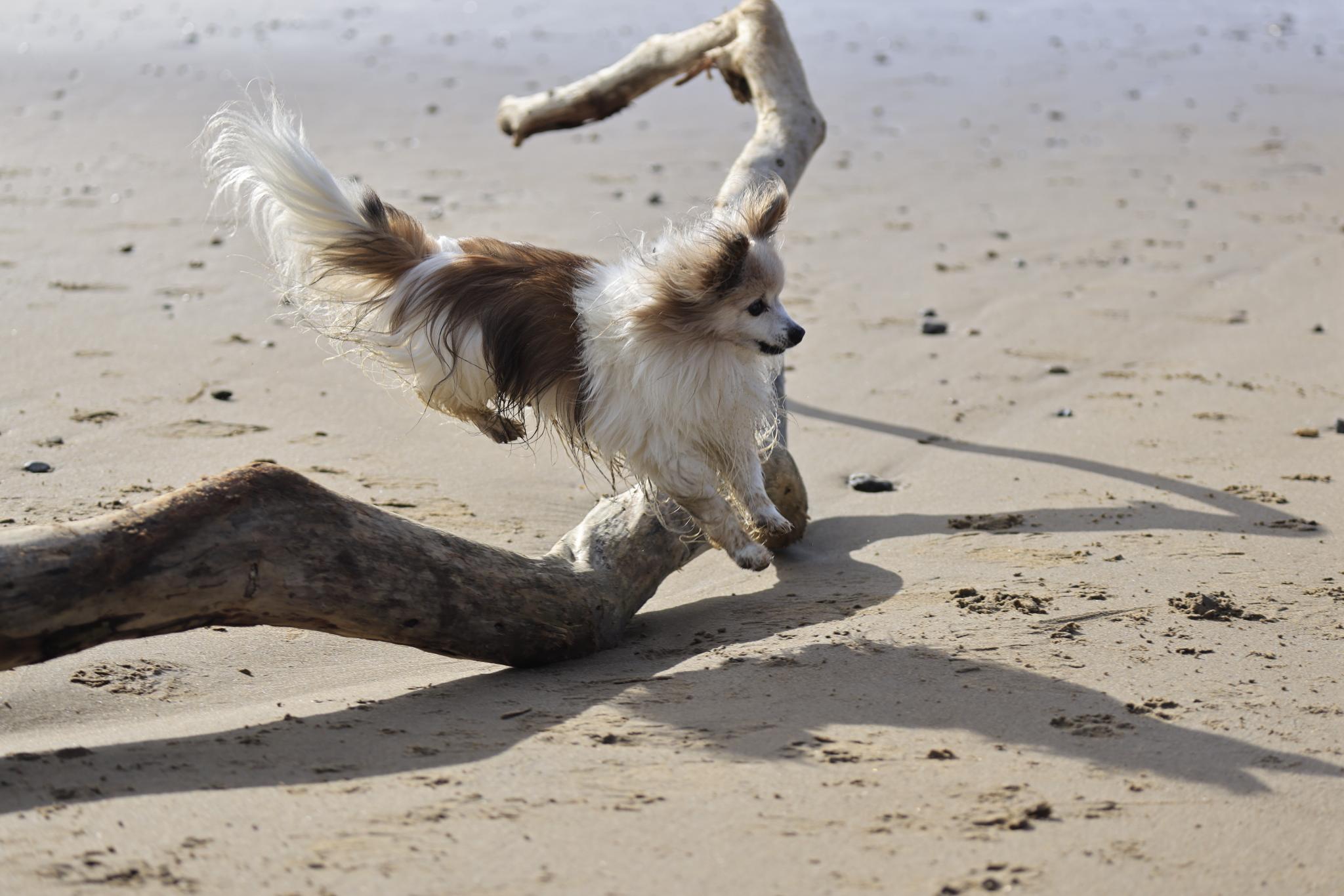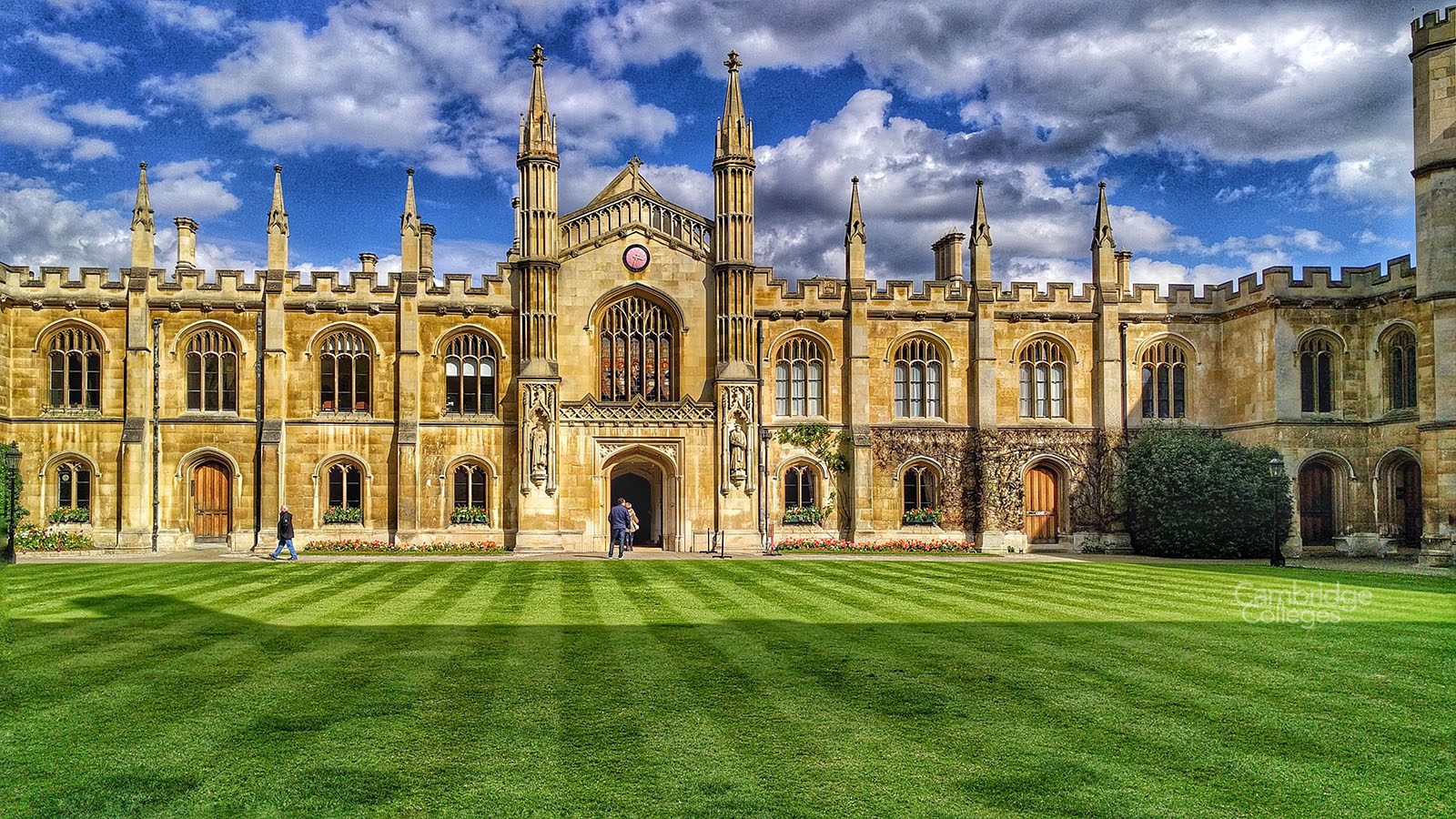“How am I going to afford to have Mollie’s teeth out?”
Mollie’s owner had not realised how bad Mollie’s teeth were getting, and had no spare funds for a much-needed dentistry procedure. We discussed why it was important and I gave her an estimate. She went away sadly worrying about her budget.
Luckily, just a few days later she won a competition on local radio to ‘Name the Intro’, and her winnings paid for her pet to be comfortable again, after five extractions under general anaesthetic.
But it did set me thinking.
I have to set the prices for each procedure and consultation performed at the Clinic. Could I make our dentistry better value?
So we decided to train up our RVNs (Registered Veterinary Nurses), so that they can now perform the scaling and polishing that cats and dogs need. This reserves the Vets to perform the much more highly skilled extractions only, freeing them up to be busy elsewhere.
Then, as nurses’ time costs less than vets’, I was able to reduce the price to have a scale and polish under general anaesthesia. Now a cat can have their mouth cleaned up for under £136, and a small dog for under £146, with larger dogs spending a bit more on their anaesthetic.
Keeping a pet’s mouth free from tartar is vital for their long term health. If we intervene early enough, before the tooth root becomes irreparably damaged, we can often prevent a more expensive and painful extraction being required.
Regular scaling and polishing also reduces the burden of germs piling up on the teeth. These germs can migrate via inflamed gums into the circulation. From there these germs are then thought to settle all round the body, including on the heart valves and in the kidney filtration system. This can then kill pets (and people) by heart failure or kidney failure.
So brushing your pets’ teeth, giving them healthy chewable food, rather than soft food, or getting their teeth scaled when the tartar has built up are all very important to their good health.
